Igort's 'How War Begins': A Poignant Portrait of Ukraine's Struggle, Echoing Global Calls for Compassion
Igort’s "How War Begins" shows the human toll of the Russian invasion on Ukraine through personal narratives, urging readers to empathize with the individuals worldwide affected by conflict.
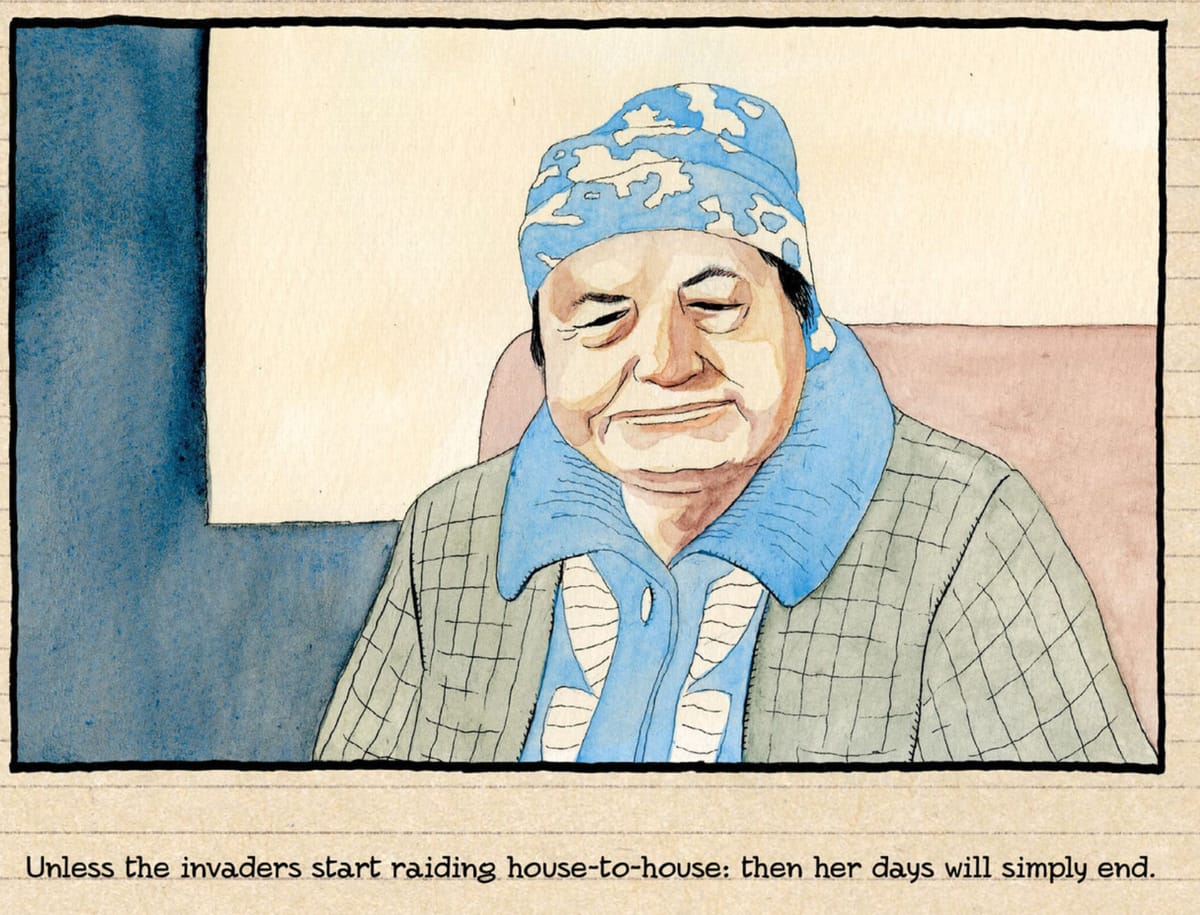
In his latest book How War Begins: Dispatches from the Ukrainian Invasion, Italian cartoonist Igort shows the weight of the current war on the Ukrainian people. Russia invaded Ukraine on February 24, 2022, thinking that they would be able to quickly overrun the country which had been independent since the fall of the Soviet Union. Igort’s wife is Ukrainian so he has many connections with the people of that country. When the invasion happened, “my phone started ringing, and it just didn’t stop. Those phone calls were full of distress, disbelief, fear” Igort told The Comics Journal in August of that year. He started sharing those phone calls on Facebook, sharing the details of those calls and the stories of those people affected by the invasion.
These stories aren’t about soldiers or politicians; they’re about the people who are just trying to live their lives even as they’re under siege. As he says in the opening pages of the book, these are the “testimonies of women and men under siege. People who never would have dreamed of being in the limelight. People who led regular lives.” By telling his stories, Igort takes these people who are on the other side of the world from many of us and makes them our neighbors even as he makes us witnesses to the horror that they are still living with over two years later.
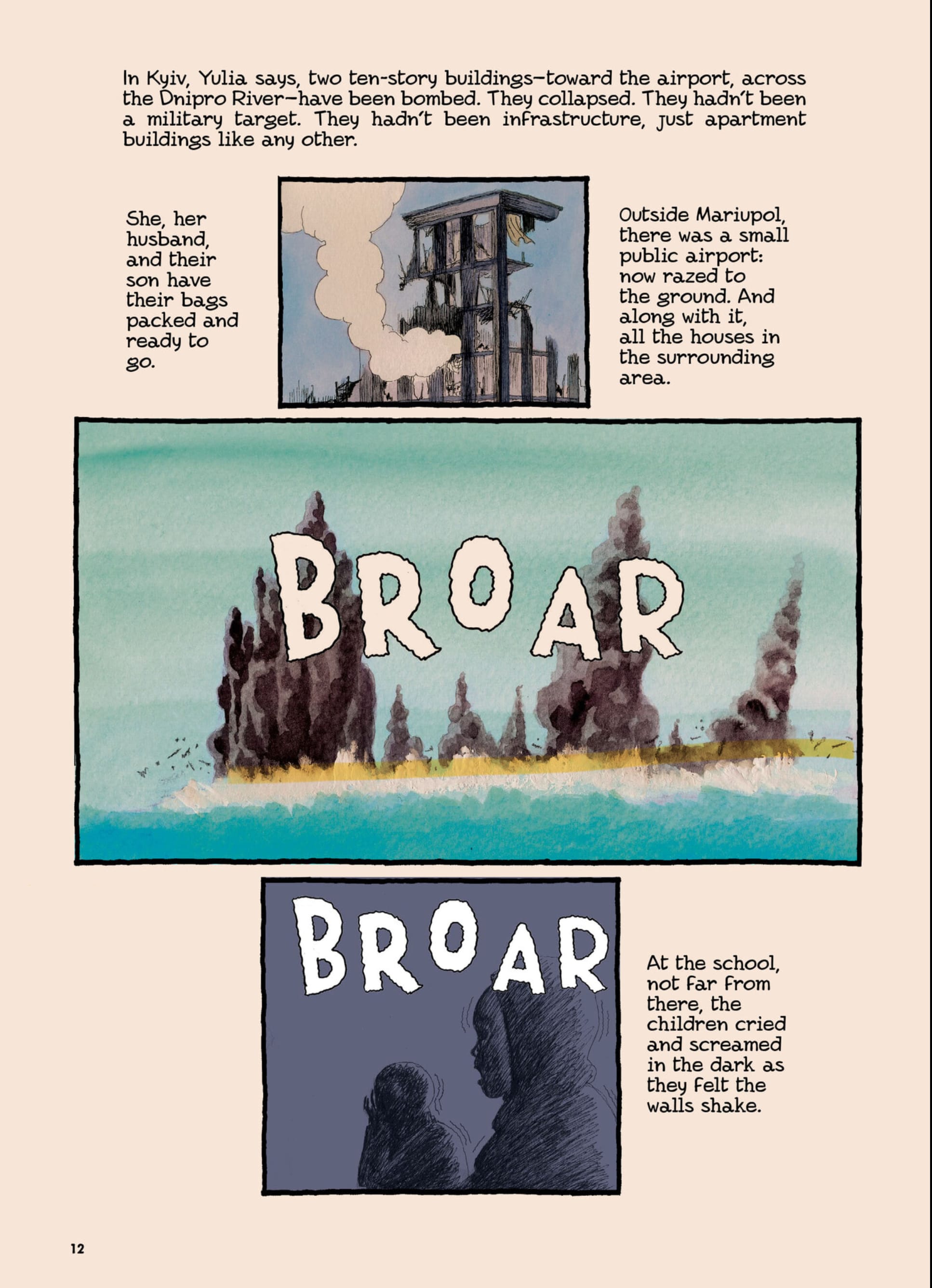
Igort’s book reads like a journal of those calls, down to the lined notebook-like pages that the entries are written on. Beginning on February 25th, 2022, Igort captures those daily phone calls for the first 98 days of the war. One of the first stories is about Maksim, a 27-year-old who lived in Belgium but had been visiting home in Ukraine to visit family after his mother’s death. “The situation changes by the hour,” Igort writes. “Tens of thousands of cars are already on the roads.” He writes about how martial law went into effect on that day and that men between the ages of 18 and 60 were not allowed to leave the country. On the second day, people were turned away from grocery stores after waiting in line for three hours. “The old folks say: during the war, all they had were staples, and food had no flavor. This time around, they want salt.”
As he’s telling these tales, Igort places these personal tales in context with the greater political and tyrannical forces that had shaped this conflict, tracing the present-day events back to 2014. As much as this is a story of 2022, it’s a story of the last 100 years and tensions between Russia and Ukraine that stretch back to World War 2. He places what’s happening today within the context of history, showing how we got to where we are in Ukraine and how this has been a struggle that’s been brewing for most of the last century.
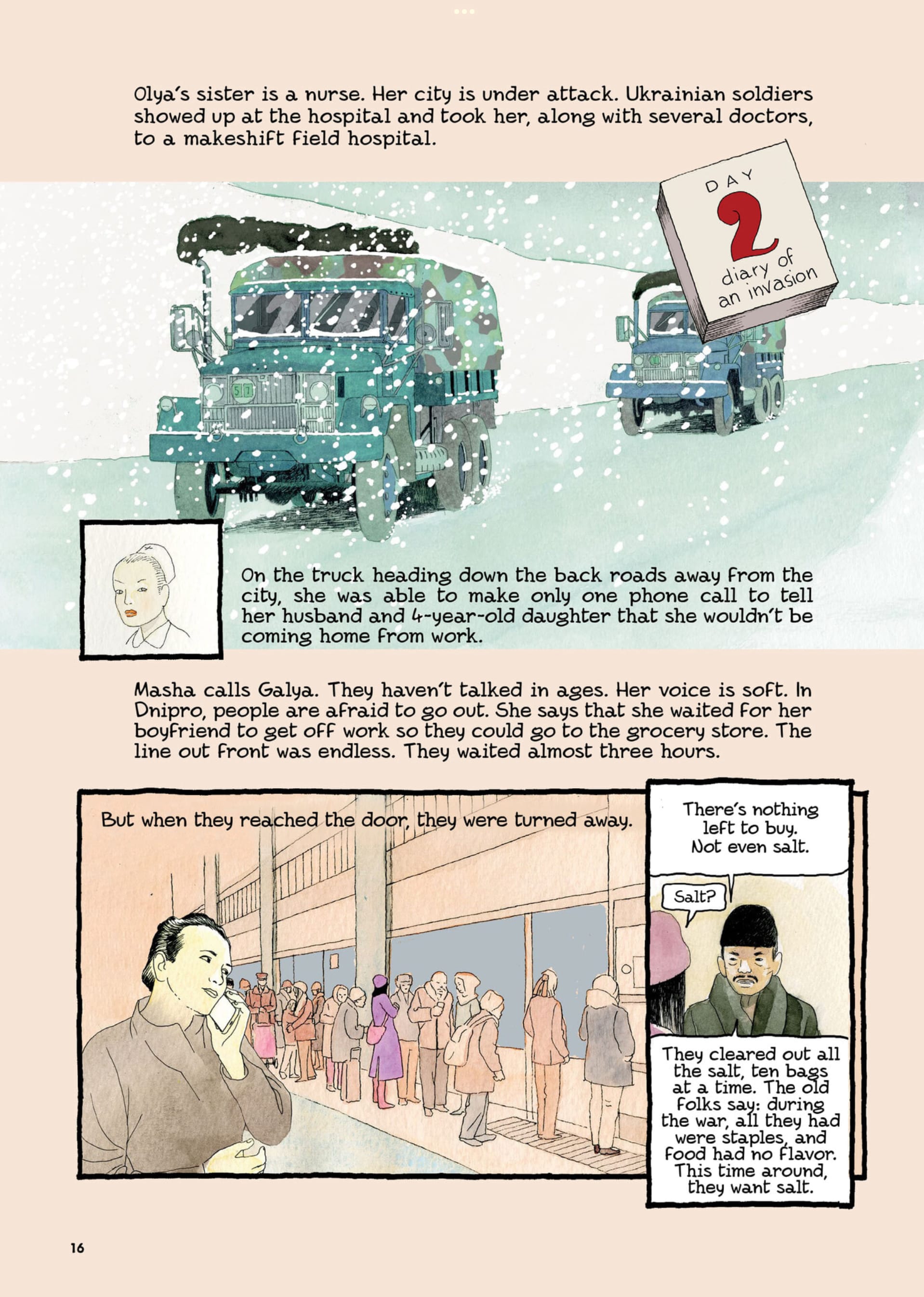
Igort’s book covers just the first 90 or so days when life quickly went from normal to a wartime existence. Through his recollections, we get to be side by side with these men and women who are seeing their lives turned completely upside down by this war. Thanks to his evocative artwork, we travel the night roads trying to make our way out of the country without arousing any notice. We move through the bombed-out cities, seeing the machines and relics left behind as if we’re in some kind of post-apocalyptic world only it’s not; it’s the reality for these people who mean so much to Igort. We live with the fear, the uncertainty, the anger, and the desperation that sets in and feels like it becomes the norm all too quickly. These things shouldn’t be the way that our brothers and sisters have to live but Igort shows just how much we can adapt to these situations.
How War Begins: Dispatches from the Ukrainian Invasion is a very specific story but it’s also a very broad story of war. Since February 2022, another well-documented war has broken out between Israel and Hamas, where we see these same bombed-out images of Gaza and see people driven out of their homes by an invading force. Igort’s stories of Ukraine are about a specific time and place but are very much a much broader examination of the cost of these wars on our societies. He’s asking us to have empathy for people, to see them not just as victims but as our neighbors and even family. And this is only one war; there are many others where people are experiencing the same horrors daily. Igort is both admonishing us and encouraging us to think of all of these brothers and sisters who are just trying to survive these wars.
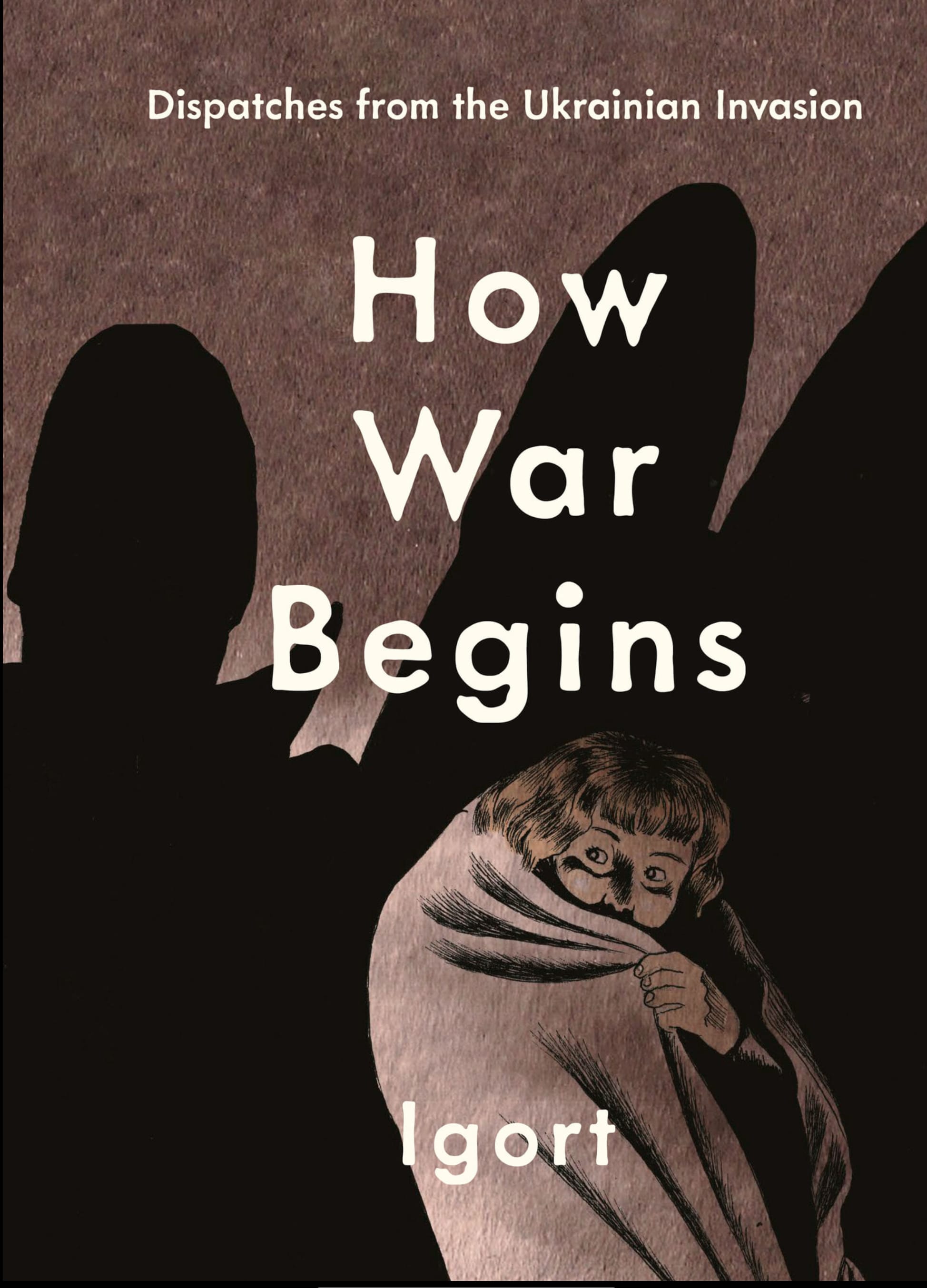


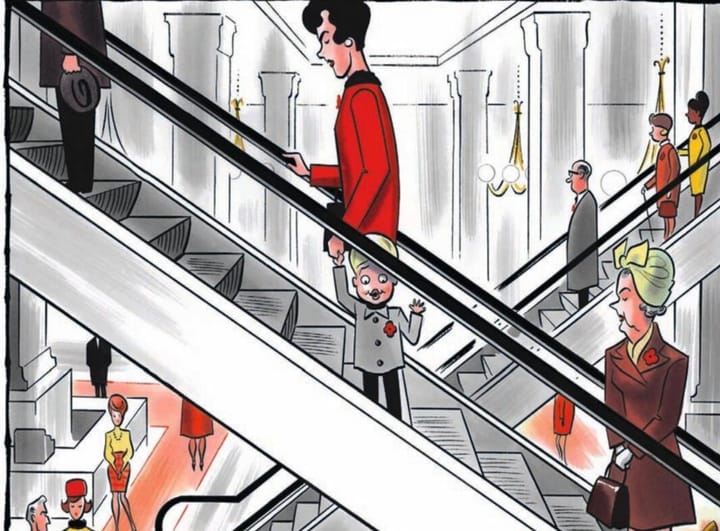
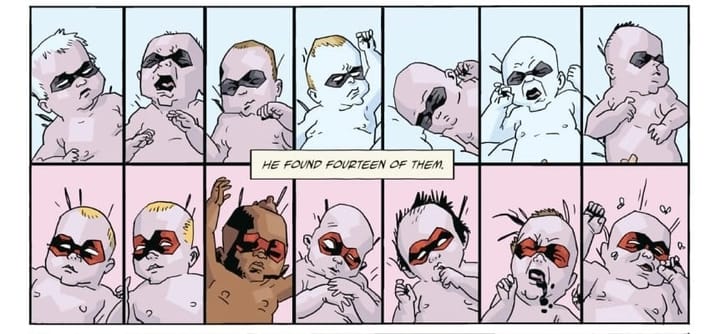
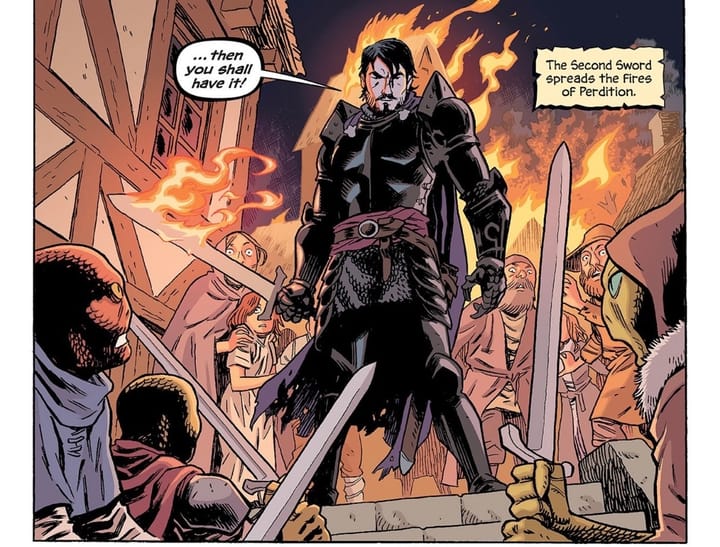
Comments ()